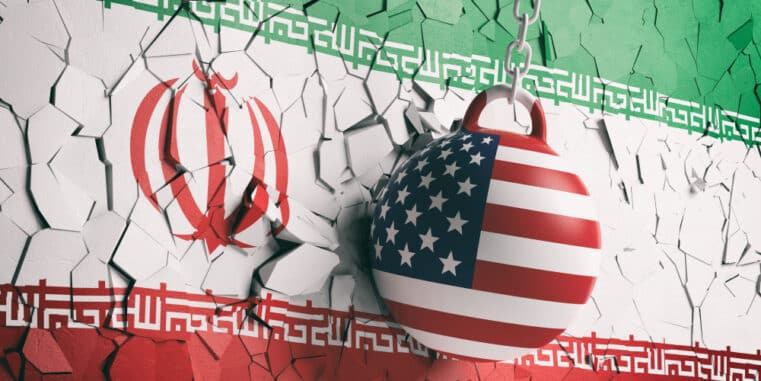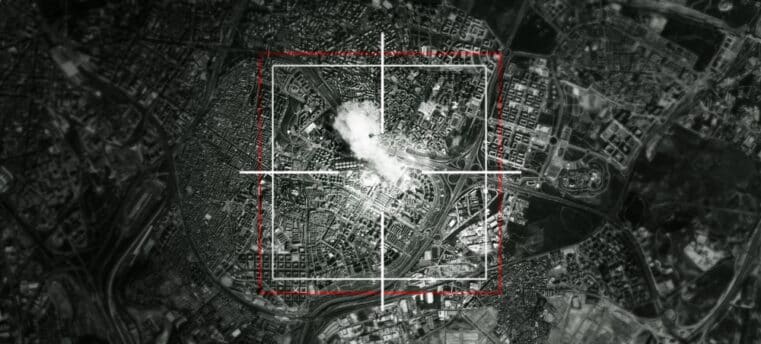Digital Destruction: $90 Million Vanishes in Iran Crypto Hack by 'Predatory Sparrow'
$90 Million Gone Without a Trace
Iran’s prized crypto exchange, Nobitex, got gutted. Over $90 million in digital assets — Bitcoin, Ethereum, Doge, Ripple, Solana, Tron, and Toncoin — evaporated into so-called “burner” wallets with anti-IRGC messages embedded in the transactions. According to Elliptic, a top blockchain analytics outfit, those wallets are likely inaccessible even to the hackers themselves.
Hack for Symbolism, Not Profit
That means the loot wasn’t stolen to spend — it was stolen to destroy. Welcome to the new era of cyberwarfare, where crypto isn’t treasure — it’s a battlefield.
The hackers behind this cyber-massacre? A pro-Israel collective known as “Gonjeshke Darande”, or “Predatory Sparrow.” They’re not just hitting Iran’s crypto ecosystem. Earlier this week, they also cracked into Bank Sepah, one of Iran’s state-owned banks. Their message is clear: “You’re not safe. Your tech’s not safe. Your currency’s not safe.”
Nobitex’s Dark Connections to Terror and Sanctions
And who’s tied to Nobitex? None other than Iran’s Islamic Revolutionary Guard Corps (IRGC) — a militarized, theocratic deep-state beast already designated as a terrorist organization by the U.S., U.K., EU, and Canada. Blockchain forensics even trace connections to Hamas, Palestinian Islamic Jihad, and the Houthis.
These aren’t shadowy rumors. Elliptic and Chainalysis tracked wallet activity linking the exchange to sanctioned ransomware actors and terrorist-aligned networks. If you’re using digital assets in rogue regimes, you’re painting a target on your back.
Crypto as a Weapon of War
But here’s the kicker: this wasn’t about money. Not a cent of that $90 million is recoverable. It’s been nuked. Crypto as protest. Crypto as weapon. Crypto as destruction.
As tensions between Iran and Israel spiral, we’re watching a shift — cyberattacks are replacing bombs, and crypto is the collateral damage. As Andrew Fierman of Chainalysis puts it, this was a symbolic strike. A shot across the bow.
The Bigger Picture: Your Digital Assets Are a Lie
Let me be blunt: everything digital is hackable. Bitcoin. Ethereum. FedNow. CBDCs. Even that sleek new hardware wallet you bought on a discount. If it plugs in, powers up, or connects online — it can be breached, blocked, or destroyed.
But physical gold and silver? You can hold them in your hand. You don’t need a seed phrase. You don’t need an internet connection. You don’t need to trust some offshore server farm not to “accidentally” lock you out.
Precious Metals: The Last Honest Money
In a world where code can be corrupted and truth is routed through compromised cables, precious metals are the last honest money. That’s not nostalgia — that’s survival.
Take Action Before You’re Next
Don’t wait for your assets to disappear in a puff of binary smoke. Download “Seven Steps to Protect Yourself from Bank Failure” by Bill Brocius now — before the next cyberwar wipes your balance sheet clean.
Stay alert. Stay sovereign. Stay solid.
— Derek Wolfe











